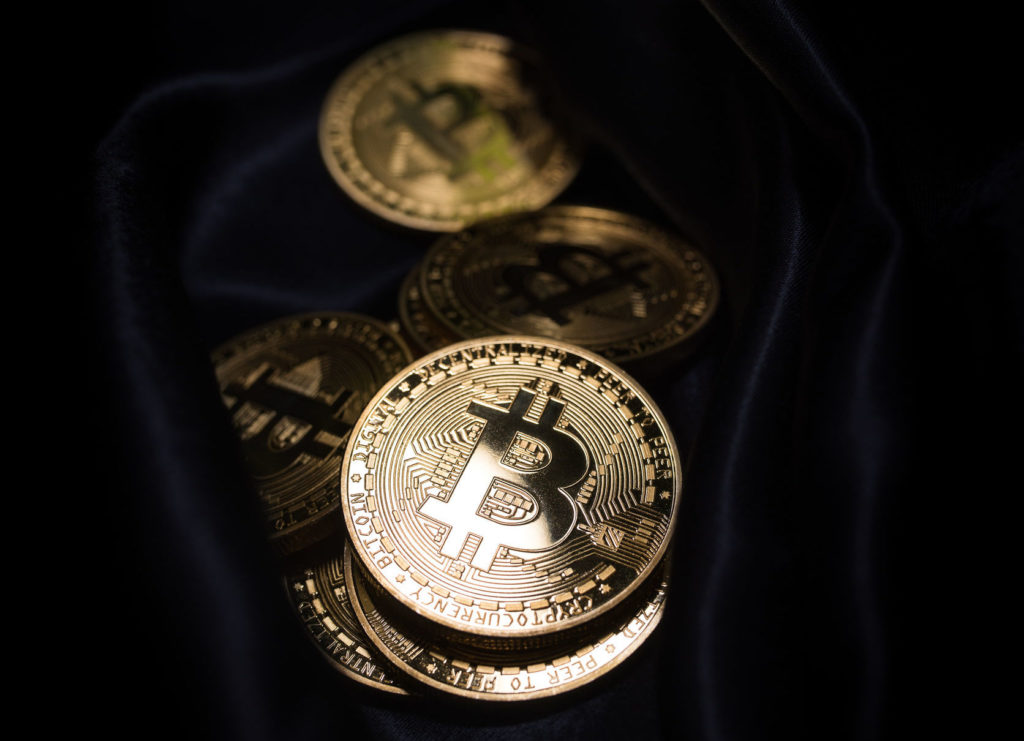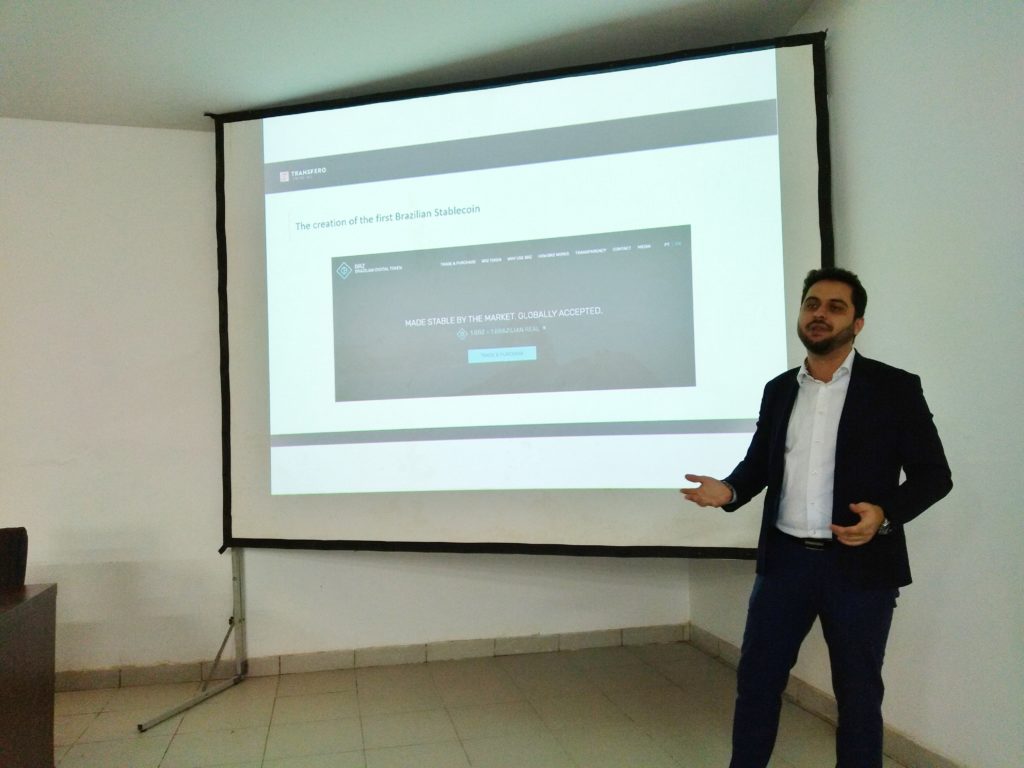We are getting closer to a new worldwide recession and this can favor downturn assets such as the bitcoin and the gold, evaluates Thiago Cesar, the CEO of Transfero Swiss. The executive was present on Monday (08/10), in a lecture at the Federal University of Rio de Janeiro, as part of the Investor Week programming, promoted by the University’s Institute of Economics.
On the one hand, central banks are expanding the monetary supply through quantitative loosening and aggressive cuts in the interest rates to boost their savings. On the other hand, the price of the assets, driven by this capital injections, is at higher levels than those of the periods immediately preceding the two recent global crises – the ones related to the subprime and the dotcom.
In order to get a better view, the interest of the government bonds of several developed economies is at negative levels. This completely modifies the rational valuation of companies and even the decision-making process for new investments in the productive sector, since the cost of money is artificially low. On the other hand, individuals, families, especially Americans, and even central banks are purchasing many of these overpriced assets. The Japanese Central bank, for example, is an indirect shareholder of two-thirds of the country’s stock exchange companies, through its ETFs purchase program.
Bubble builds scenario for worldwide recession
Therefore, the expectation is that there is a large bubble of assets that is about to burst. The date of the breakup is still uncertain, but the passing of time only aggravates the financial snowball effect. That is to say, it all points out that these elements are building a scenario for a new worldwide recession. For that reason, downturn assets can be interesting alternatives for asset’s protection and then valorization.
“The cryptoassets are the present. Today they represent a marketcap of US$ 300 billion. In addition, with the emergence of regulated brokers, institutional investors are entering this market. The Brazilian Central bank has already acknowledged the importance of this market when considering the bitcoin as a component in the trade balance”, states Cesar.
Perception of the evolving bitcoin
The entry of institutional money as a bitcoin buyer is linked with the change in its perception over time and with the evolution of regulation. While in 2013 the subject was treated as a fantasy, in 2017, only four years later, it was no longer possible to ignore it as a new class of assets.

And the future holds for more transformations. With the advent of the bitcoin as a store of value, the trend is the emergence of a theoretical questioning of the role of central banks in economies and even in the state nature of the currencies. Thus, we can head to a scenario where central banks lose importance, given the private nature of cryptocurrencies and the low ability to interfere in the supply and demand of the cryptographic currencies.
In addition to the bitcoin, the executive also commented on the market for security tokens. One of the examples mentioned was the tokenization of real estate assets, such as that made by the Dynasty. Cesar also talked about the stablecoins and the importance they have in accessing the crypto market. The BRZ and Tether were the currencies quoted by the executive.








